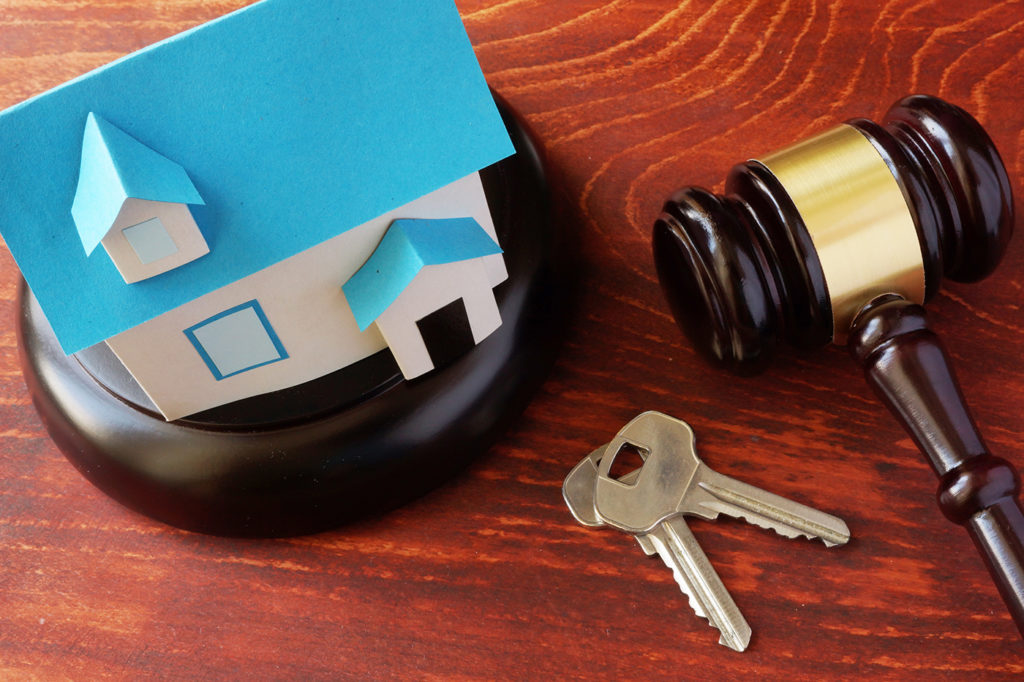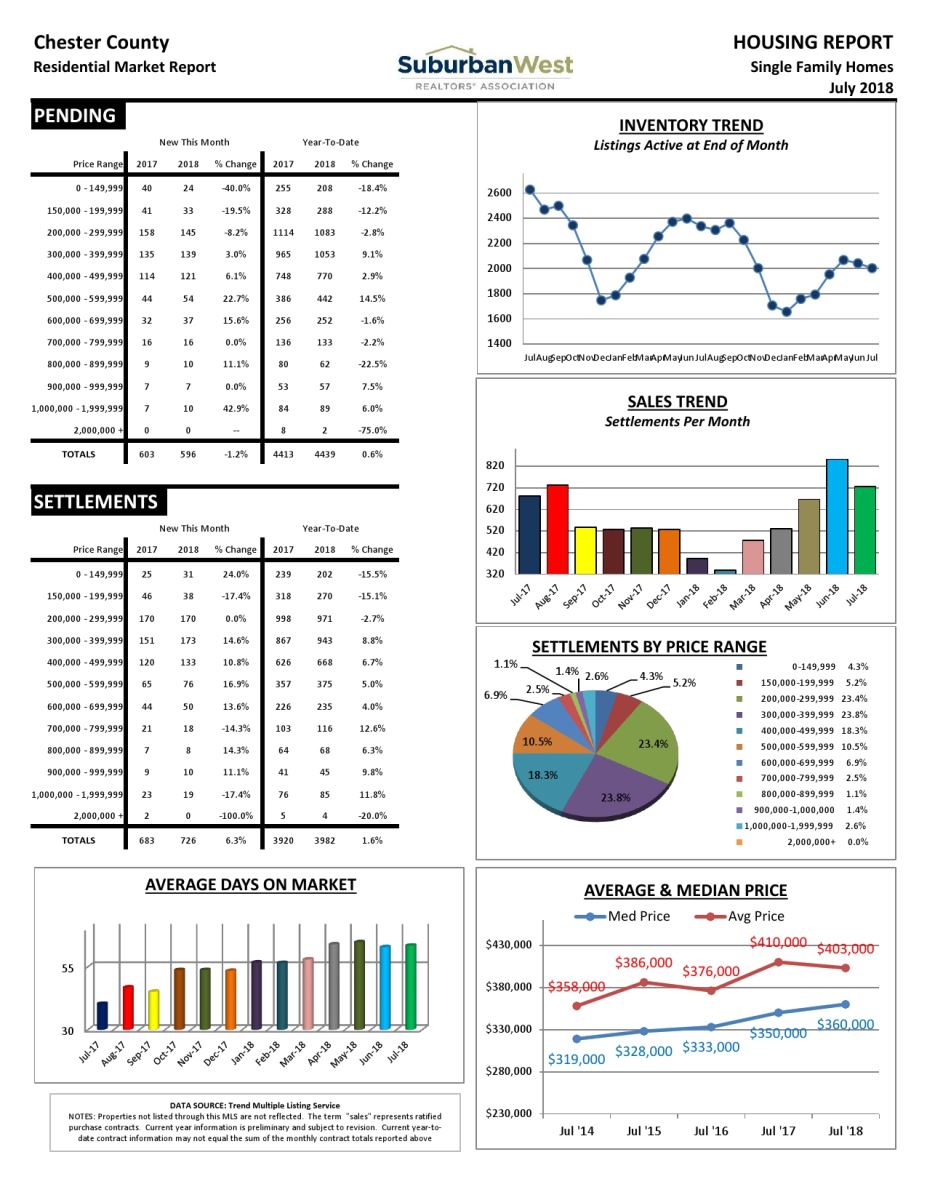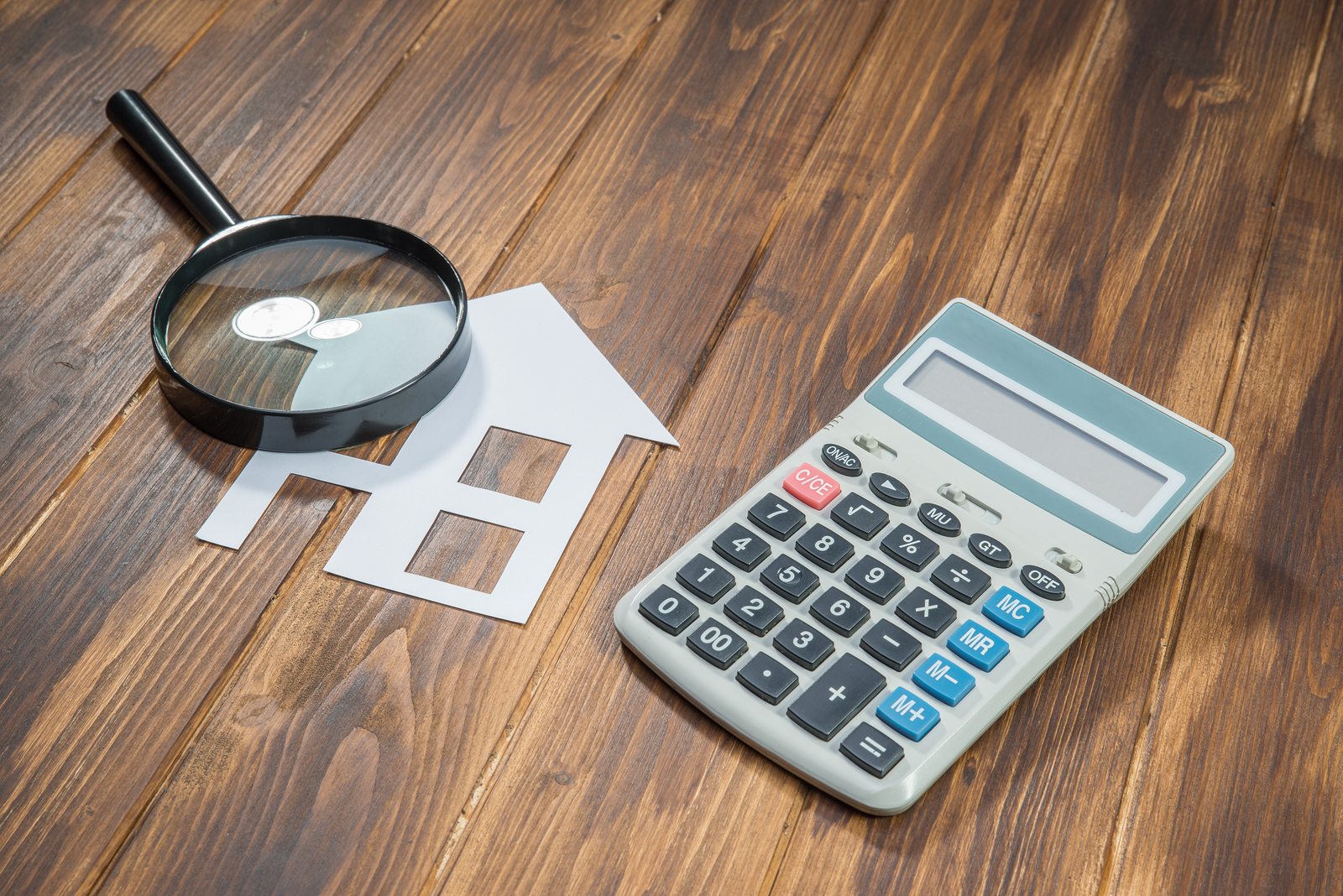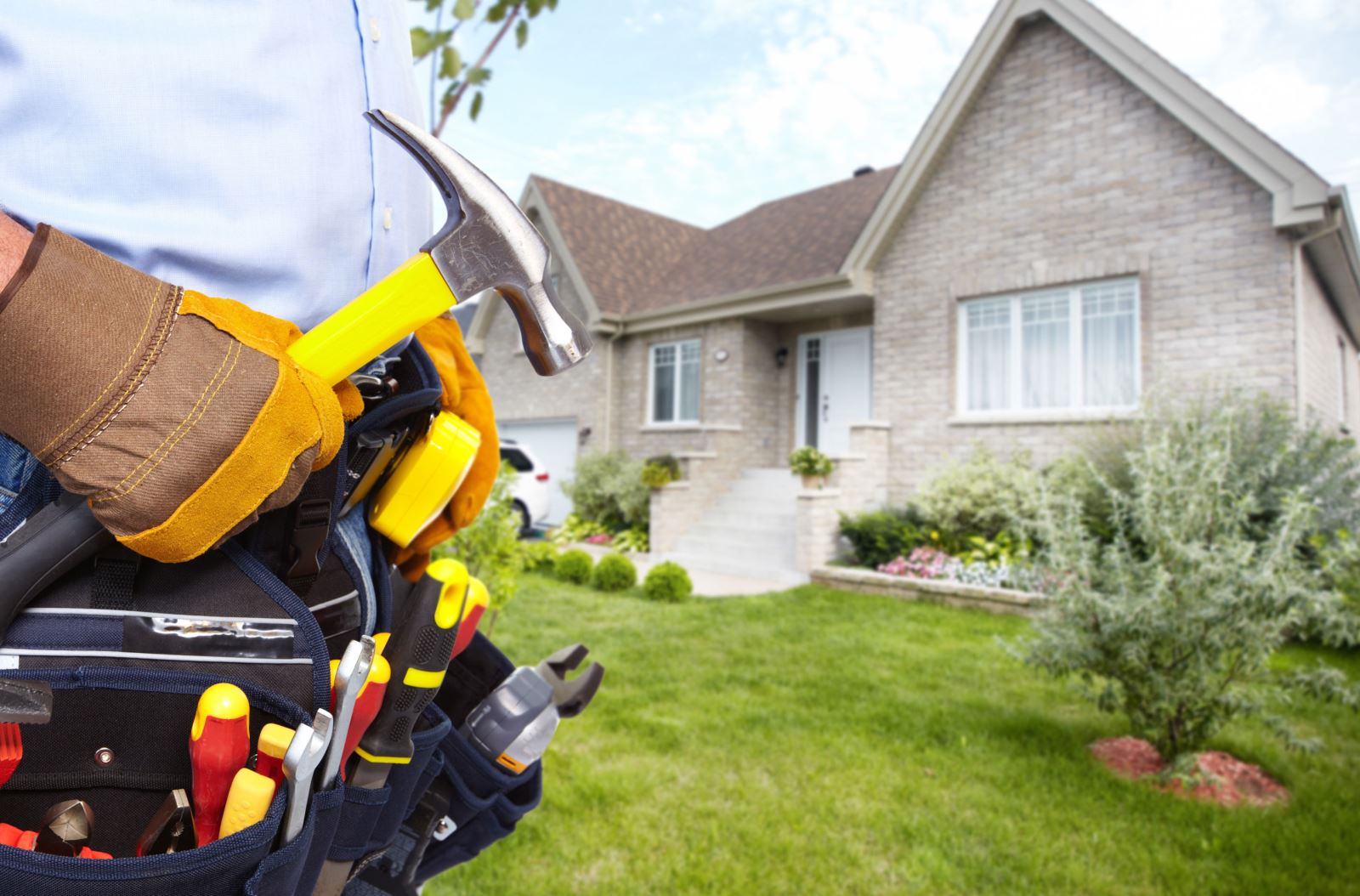Home-Buying After Foreclosure or Bankruptcy

If foreclosure or bankruptcy has been part of your past, and you’re ready to jump back into buying a new home, welcome to the “boomerang buyer” club! There are several factors to buying a home after these losses, so before you start house-hunting, make sure you’re not only emotionally ready, but financially ready!
-
- Be absolute certain your credit has been rebuilt by paying all your bills on time and in full. Check your credit score, and keep an eye on it. Aiming for a minimum score of 580 improves your chances of qualifying for a home loan.
-
- Get every penny you can into savings!
-
- Consider taking a course in financial management. Not only does this help you become more financially stable, it shows a lender that you’re serious about it.
-
- If your last home went into foreclosure, there are waiting periods for applying for a mortgage: three years for FHA loans, seven years for Fannie Mae/Freddie Mac loans, two years for Veterans Affairs loans, three years for USDA loans, and other lenders have different waiting periods.
-
- Buying a home after bankruptcy depends on what type of bankruptcy was filed, so there are different factors when it comes to each situation.
-
- If you have experienced a short sale with your last home, depending on the lender, the waiting period to apply for a mortgage is two-seven years.
-
- Some lenders may ask you to write a letter explaining the circumstances for the foreclosure or short sale, as well as what you learned during the process.
-
- Extenuating circumstances that caused a foreclosure or bankruptcy, such as a major illness or job loss can make a difference in how long you must wait to apply for a mortgage, depending on the lender. Be prepared with any paperwork that shows your loss of income or increase of debt.
Before you begin this second chance on homeownership, talk to a RealtorⓇ who is experienced with assisting those who have experienced financial hardship and lost a home in the past. They have a wealth of knowledge to help you every step of the way on the path to a fresh start!
Courtesy of Chester County PA Realtor Scott Darling.
Photo credit: http://tspmortgage.com







